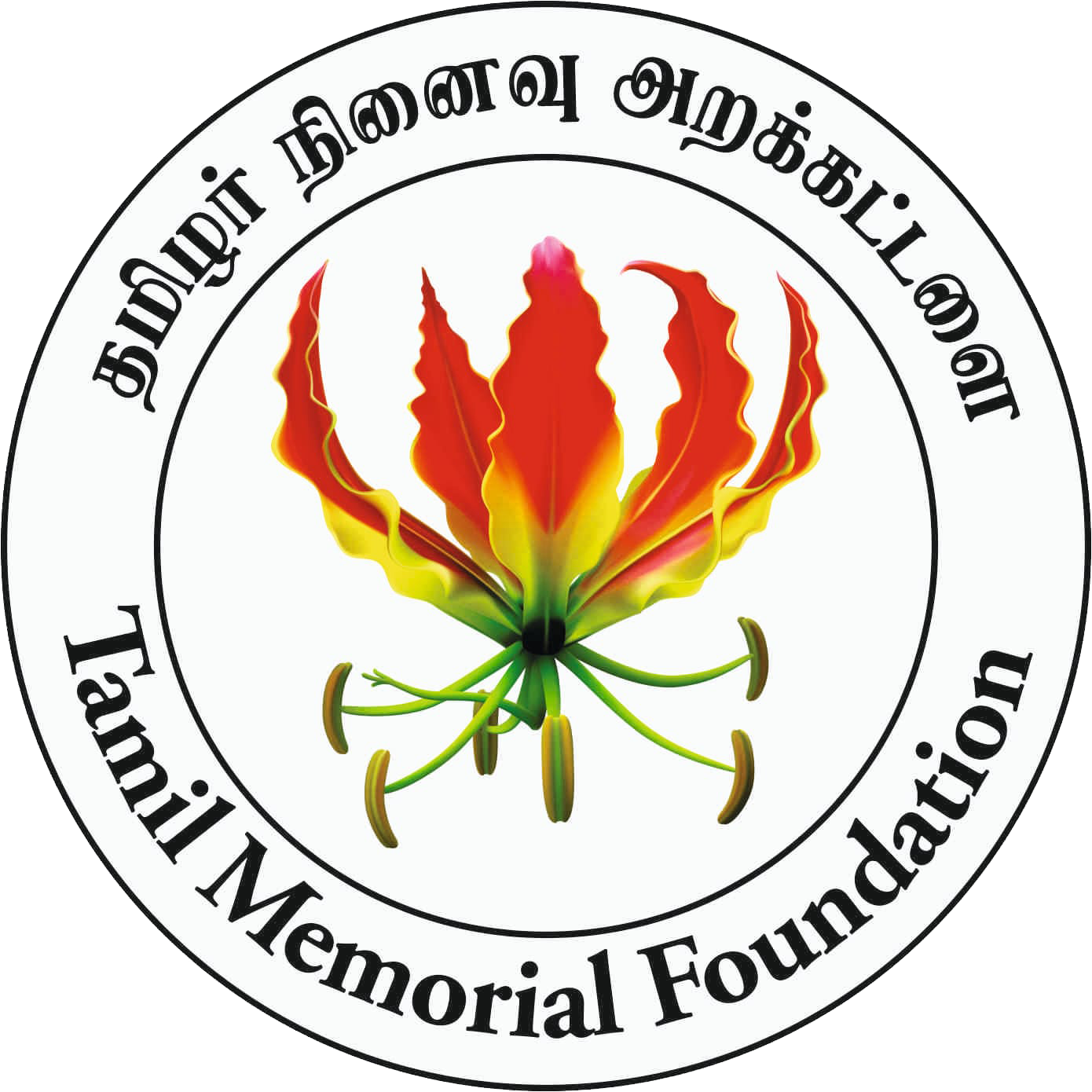
May 18 ( Tamil Genocide Day)
The Tamil genocide is a complex issue with multifaceted dimensions that encompasses various forms of violence and oppression that the Tamil people of Sri Lanka have faced for decades such as the State-sponsored atrocities, and anti-Tamil pogroms (1956, 1958, 1977, 1981 and 1983). The most notable form of genocide against Tamils has been the mass killings that took place during the final stages of the Sri Lankan civil war in 2009, where more than 140,000 Tamil civilians were killed by the Sri Lankan military. However, the genocide is not limited to just these killings. It also includes forced disappearances, torture, sexual violence, land grabs, cultural and heritage genocide and the denial of education, political, employment and civil rights to Tamils.

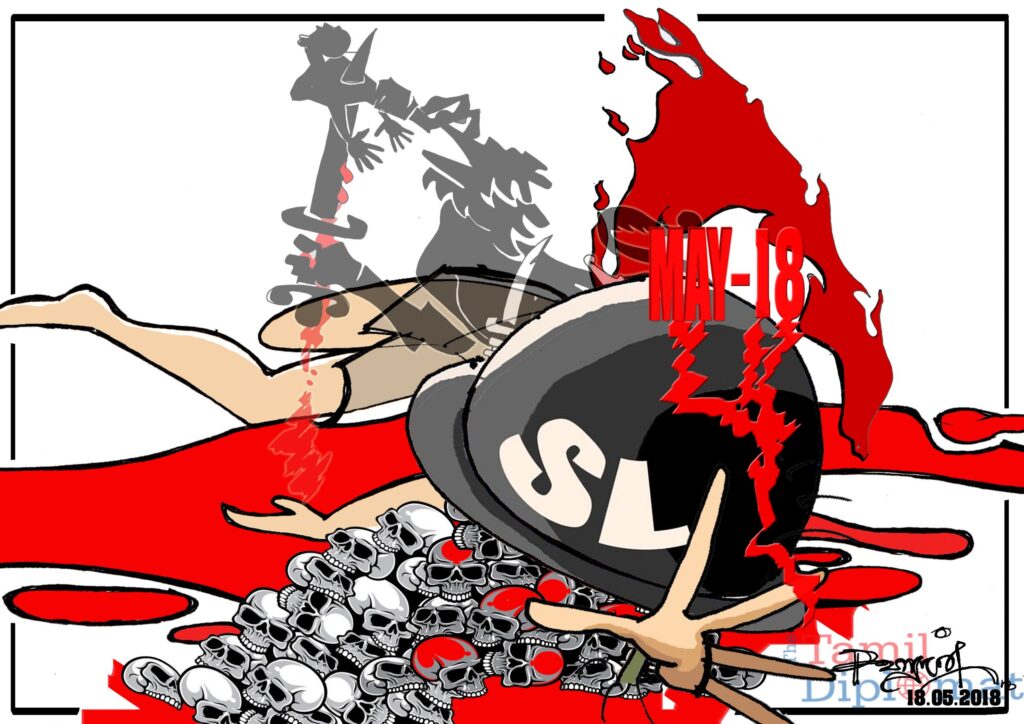
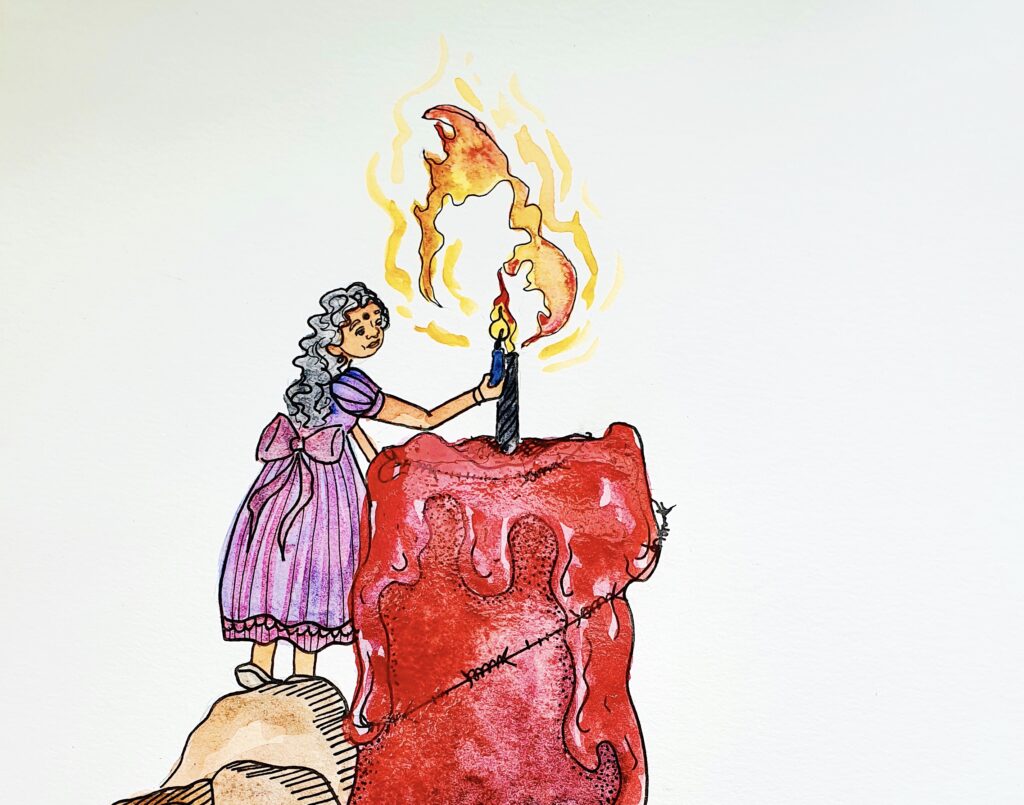
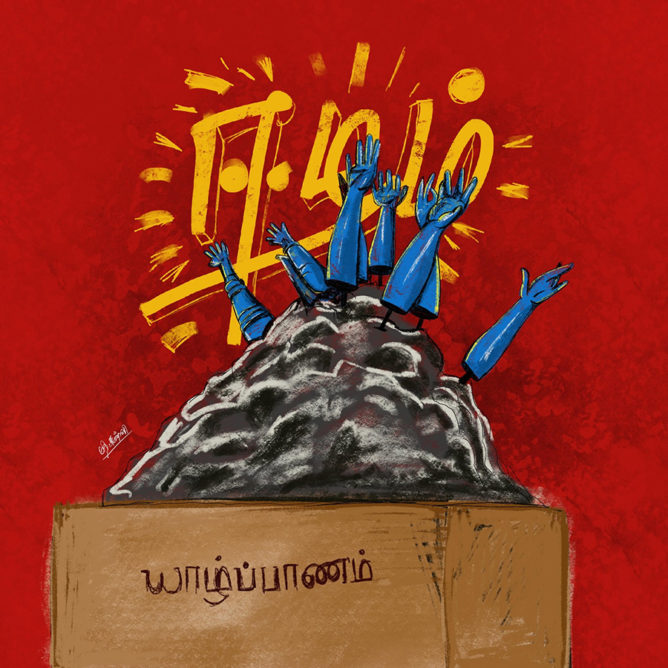

The lack of accountability for past atrocities and the failure to address the underlying grievances of Tamils have also perpetuated the cycle of violence and oppression.
The multifaceted Tamil genocide is an ongoing and unchecked tragedy that needs more attention from the international community.
Mass Killings: During the final stages of the Sri Lankan civil war in 2009, more than 140,000 Tamil civilians were killed by the Sri Lankan military.
Forced Disappearances: According to the UN Working Group on Enforced or Involuntary Disappearances, Sri Lanka has the second-highest number of disappearances in the world, with Tamils being disproportionately affected.
Torture: Human rights organizations have documented numerous cases of Tamils being subjected to torture while in police or military custody in Sri Lanka. On April 20, 2023, a TGTE initiated Human Rights Committee proceedings resulted in a unanimous ruling by all 17 judges against Sri Lanka ordering it to Punish the Perpetrators & Pay Compensation for a Tamil Torture Victim
Sexual Violence: Tamils, particularly women, have been subjected to sexual violence by the Sri Lankan military and police. A peek at the British documentary “Sri Lanka’s Killing Fields” on Channel 4 Media, one can witness the shocking sexual crimes that have taken place.
Land Grabs: The Sri Lankan government has seized Tamil lands in the North and East under the pretext of development, effectively displacing thousands of Tamil families from their ancestral lands.
Cultural and Heritage Genocide: The Sri Lankan government has systematically destroyed Tamil cultural and religious sites, literature, music, and language.
Education and Employment Rights: Sinhala Only Policy, the Official Language Act and the Standardization Act led to discrimination against Tamil students in education and employment.
Language Rights: Tamil language rights have been suppressed, with the government replacing Tamil names with Sinhalese ones.
The failure to separate the two distinct nations, Tamil and Sinhala, when granting independence in 1948, laid the foundation for Sinhala hegemony over the Tamils. This led to a series of discriminatory policies, including the disenfranchisement of one million Tamils in the Hill country (Tamils of Malaiyagam) and the colonization of their traditional lands. In 1949 The “Sinhala Only” policy (still in effect) is introduced, making Sinhalese the only official language of the country and effectively marginalizing the Tamil-speaking indigenous people. In 1956, The Official Language Act (still in effect) is passed, mandating the use of Sinhala in all government functions and further marginalizing the Tamil-speaking indigenous people. Peaceful attempts by Tamil political leaders to address these issues were met with brutal force from the Sinhala government. Legislation in 1956 further marginalized Tamils, and a physical genocide was unleashed in 1958.
The adoption of a unilateral republican constitution in 1972, without Tamil participation, and the change of the country’s name to Sri Lanka, further eroded avenues for peaceful resolution. This culminated in the Vaddukoaddai Resolution of 1976, which called for the creation of a separate Tamil state, Tamil Eelam.
The Tamil United Liberation Front (TULF) ran on a platform advocating for Tamil Eelam in the 1977 elections and won by a landslide, becoming the official opposition in the Sri Lankan parliament. However, the government responded with the 1977 Genocide, intensifying the conflict. In1973, The Standardization Act (still in effect), passed in Sri Lanka implemented a standardized testing system that disadvantaged Tamil students, leading to the decreased representation of Tamils in higher education and government employment and contributing to the outbreak of a civil war.
In the face of escalating oppression and state-unleashed violence, Tamil youth turned to armed resistance. The government passed the Prevention of Terrorism Act in 1979 (still in effect) used to suppress political dissent and violate human rights, particularly with respect to the country’s Tamil indigenous people. The determination of the Tamil youth was unyielding, even in the face of government-sanctioned human rights violations, such as the destruction of the Jaffna Public Library in 1981. The 6th Amendment to the Sri Lankan Constitution(1983), prohibits the advocacy for the creation of a separate state within Sri Lanka, effectively outlawing any political support for Tamil Eelam.
The culmination of these events led to the outbreak of open war between Tamil youth groups and government forces in 1983. Thousands of Tamil youth joined these groups, sacrificing their lives for the cause of Tamil Eelam. In recognition of their sacrifice, they were posthumously honored with the title of “Maaveerar” or Great Heroes.
Today, Maaveerar Naal stands as a day of remembrance for the Tamil community, commemorating the bravery and sacrifice of those who gave their lives in the pursuit of justice and self-determination for the Tamil people. The legacy of Maaveerar continues to inspire and unite Tamils around the world, serving as a reminder of the ongoing struggle for human and sovereign rights. The majority of the Tamil families have a Maaveerar to remember and pay respects to.
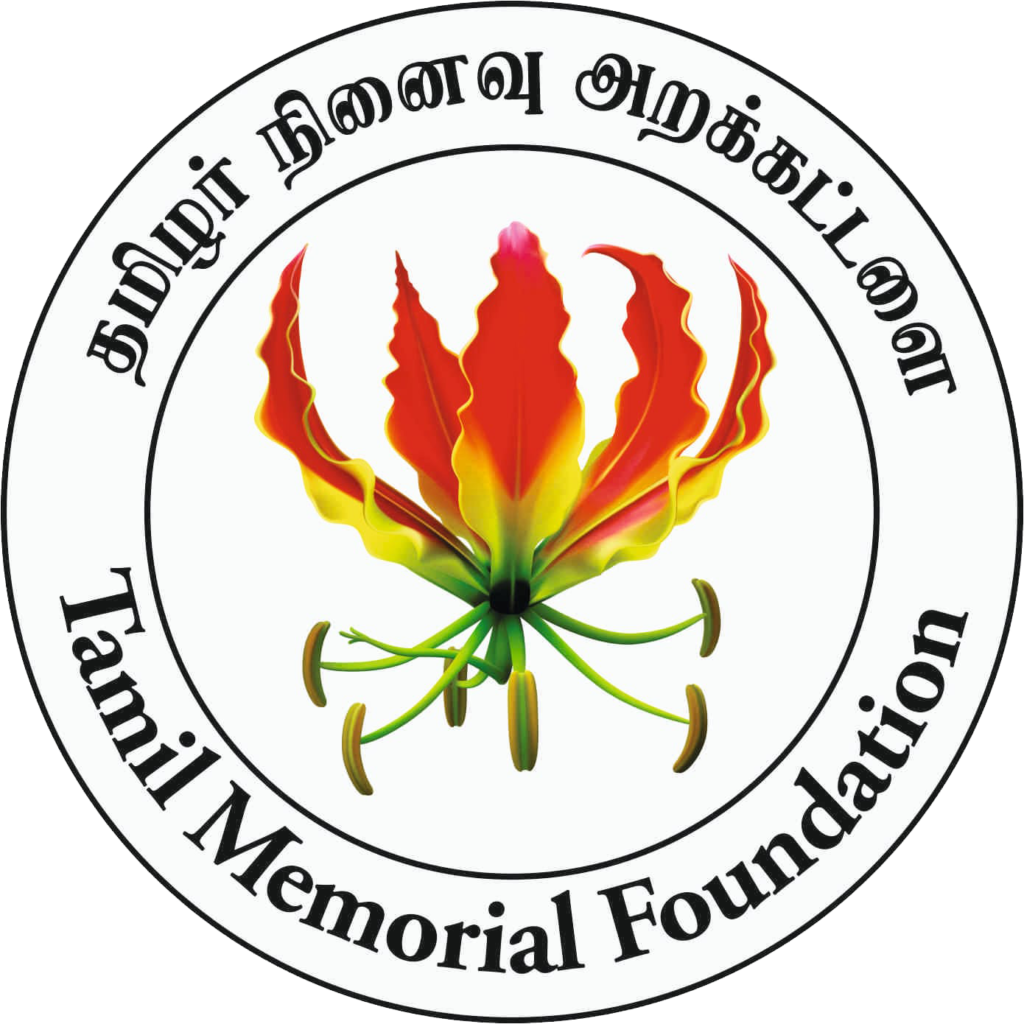
The Tamil Memorial Foundation is a coalition of Canadian organizations committed to commemorating and educating about the Tamils from the island of Sri Lanka, their history, cultures.
Subscribe
All Contacts
- A8-2370 Midland Ave, Toronto, ON M1S 5C6, Canada
- +1-202-555-0153
- tamilmemorialfoundation2023@gmail.com
- Developed By - MediaCity INC
- info@mediacityinc.com
- mediacityinc.com
